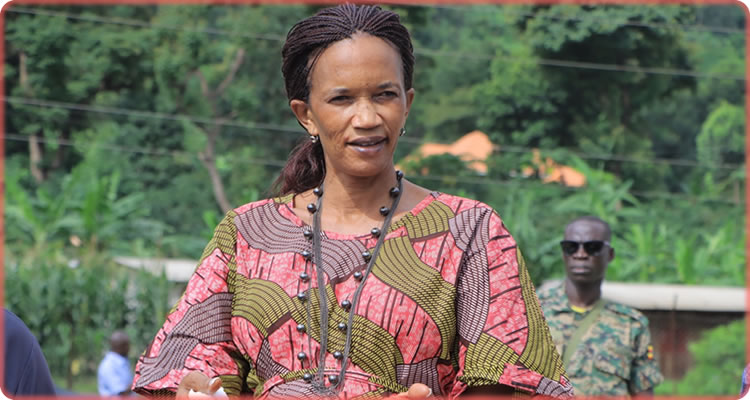According to Uganda National Meteorological Authority (UNMA)The rainfall season of June, July and August (JJA) is generally a dry period over the Southern parts of the country especially South western, Central Lake Victoria basin and parts of Eastern region. It also marks the end of the first rainfall season and harvesting period for seasonal crops over the country, However, over most parts in Northern Uganda; JJA period is a continuation of the rainfall season.
To date there has been reports of enhanced rainfall in some parts of the country leading to Flash flooding in particularly in Kasese and Kampala. The rainfall outlook for 21-30th June 2023, forecast indicates that during the last ten days of June 2023, wetter conditions are expected in the Elgon subregion stretching into north eastern covering Karamoja. Other areas where wetter conditions are also expected to occur include the eastern districts of Lango sub region, most areas in Acholi subregion, West Nile areas bordering D.R.Congo as well those in the Rwenzori subregion. However, relaxation of rainfall activity is expected in southern and central cattle corridor and in the areas adjacent to Lake Victoria. Flooding risk remains high in
South western, western, Eastern west Nile and Karamoja regions. (See figure1 below)

Figure 1: Expected spatial rainfall distribution across the country from 21st to 30th June
ADVISORY
- 1.Districts in Mt.Elgon areas, Kabale, Kasese and other high-risk areas are advised take precaution and relocate from landslide and flood prone areas to avoid loss of lives and livelihoods.
2. Travelers are advised to avoid crossing flooded sections of the roads.
3. Farmers in Northern Uganda are advised to make use of the enhanced rainfall activity to ensure massive production
4. Communities in flood prone areas are advised to erect flash flood control structures such as water storage dams and drainage channels in gardens and around homes
5. The District Disaster Management Committees should monitor and issue timely alerts to the population /flood prone road users.
6. DDMCs and partners should continue carrying out assessments and timely reporting of disaster incidences using the OPM standard assessment tool for possible interventions.
7. The general public is advised to use the toll free line 0800177777 for emergency reporting of incidences of emergency nature.























